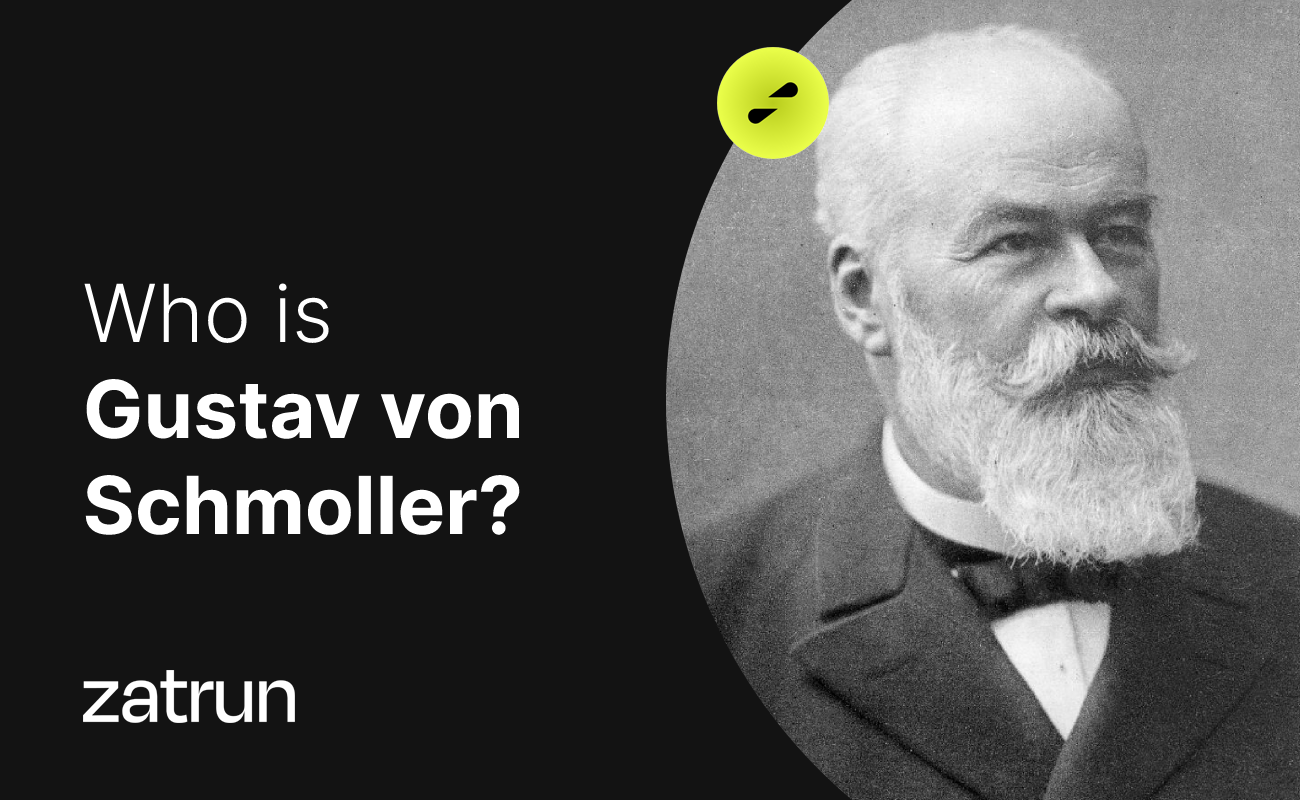Alfred Weber... who is the Famous German Economist? in our article of Zatrun.com, we will cover in detail everything you need to know about Alfred Weber, the famous German economist, geographer, sociologist and cultural theorist that our readers are curious about.
Who is Alfred Weber?
Alfred Weber is known as a German economist, geographer, sociologist and cultural theorist who contributed to the development of modern economic geography. He was the younger brother of the famous sociologist Max Weber. He was born in Erfurt and grew up in Charlottenburg. from 1907 to 1933 he served as a professor at the University of Heidelberg. Alfred Weber started his career as a lawyer, then turned to sociology and cultural philosophy.

In addition to the use of historical analysis, Alfred Weber advocated the reintegration of theory and caus October models into the field of economics. His contributions in this field include pioneering models of industrial settlement. Alfred Weber lived at a time when sociology emerged as a separate discipline. His theory, especially on the subject of “Industrial settlement”, was initially considered purely economic.
But now it is often studied as a theoretical concept within geography, especially in the subfield of economic geography. Alfred Weber also maintained his commitment to the tradition of the “philosophy of history”. He also pioneered theories that contribute to a combination of civilization (intellectual and technological), social processes (organizations) and culture.
The Theory of Least Cost:
Alfred Weber formulated the theory of the lowest-cost industrial settlement, trying to explain and predict the local model of industry on a macro scale. This theory is based on the research of an industry finding a point that minimizes transportation and labor costs, emphasizing the search of firms for a place with minimal costs.
The material index depends on the optimal shipping point, the material index, the replacement and the finished product, or the material index (MI), which is the ratio of raw material weight. Weber’s theory is recognized today as an important theoretical concept for the analysis of economic geography and industrial settlements.
Agglomeration and Deagglomeration:
Agglomeration refers to the phenomenon of spatial clustering or the concentration of firms in a relatively small area. Clustering and connections allow individual firms to benefit from both internal and external economies. Services that are used only Decently by supporting industries, specialized machinery, or larger firms tend to be placed in clustering areas not only to reduce costs, but also to serve a larger population. Deglomeration occurs as a result of the separation of firms and services from each other due to negative economies caused by excessive industrial clustering.
Companies that can achieve economies of scale by increasing the scale of industrial activities benefit from clustering. However, after reaching an optimal size, local premises may be over-taxed, which can offset the initial advantages and lead to an increase in primary costs. Other forces may eventually replace the clustering forces and eventually promote dispersion.
Globalization:
Industrial activity is considered a secondary economic activity and is also called manufacturing. Industrial activity can also be divided into machining, creation of intermediate components and final assembly. Today, these three activities in multinational companies can also take place outside of developed countries.
Weber’s theory may explain some of the reasons behind the current trend, but such a discussion did not come from Weber himself. Alfred Weber saw industrial activities as the cheapest method of production. The cheapest place, then, means marketing the product to the consumer at the lowest cost, just as retailers today seek to gain a large market share.
It is explained as a way of making profit economically; Creating the cheapest product for the consumer market results in greater sales volume and therefore more profit. Therefore, companies that do not take the time to find the cheapest inputs or the largest markets will not be successful as the product will be more expensive to manufacture and cost the consumer more.












